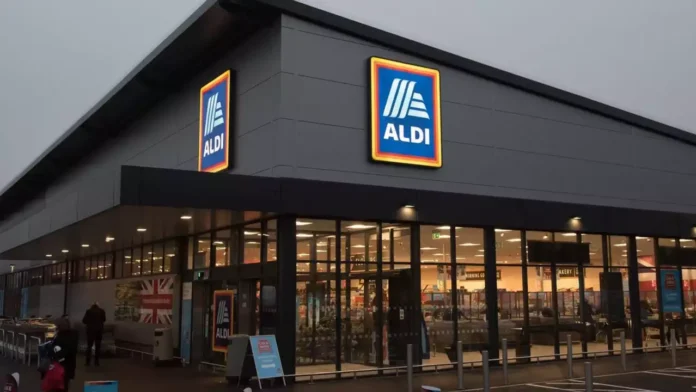Aldi aims to expand its network of discount grocery stores by adding 800 new locations across the United States over the next five years. This expansion strategy is geared towards tapping into the market of budget-conscious Americans who are increasingly feeling the financial strain when shopping for groceries.
Inflation has led many consumers to adjust their shopping behaviors. Disgruntled by prices that remain, on average, about 19% higher than before the pandemic, consumers are seeking new approaches to economize. In grocery stores, they are transitioning from name brands to store-brand items, turning to discount retailers, or simply purchasing fewer items like snacks or gourmet foods.
The growing consumer resistance against what critics denounce as price-gouging is particularly evident in the food sector, as well as in consumer goods such as paper towels and napkins.
Continue Exploring: No rush to expand categories, grocery remains primary focus: BigBasket CEO Hari Menon
Pricing has also attracted the attention of the federal government, with the Federal Trade Commission filing a lawsuit last month to prevent a proposed merger between grocery titans Kroger and Albertsons. The FTC argues that the $24.6 billion deal would diminish competition and result in increased prices for millions of Americans. Kroger and Albertsons, both among the largest grocers in the nation, reached an agreement to merge in October 2022.
According to government data, while U.S. prices for food consumed at home usually increase by 2.5% annually, they surged by 11.4% in 2022 and another 5% in 2023.
On Thursday, Aldi announced its strategy, which involves both new store openings and store conversions. The company aims to introduce nearly 330 stores across the Northeast and Midwest regions by the conclusion of 2028. Additionally, Aldi plans to expand its presence in southern California and Phoenix while venturing into new cities, such as Las Vegas.
Following its acquisition of Southeastern Grocers, Aldi revealed plans to convert a substantial portion of Winn-Dixie and Harveys Supermarket locations to its format over the next few years.
“Our growth is fueled by our customers, and they are asking for more ALDI stores in their neighborhoods nationwide,” Aldi CEO Jason Hart said in a statement.
The company, based in Batavia, Ill., just west of Chicago, will invest more than $9 billion into its national expansion.
Continue Exploring: Flipkart expands grocery operations with fourth fulfillment center in West Bengal



